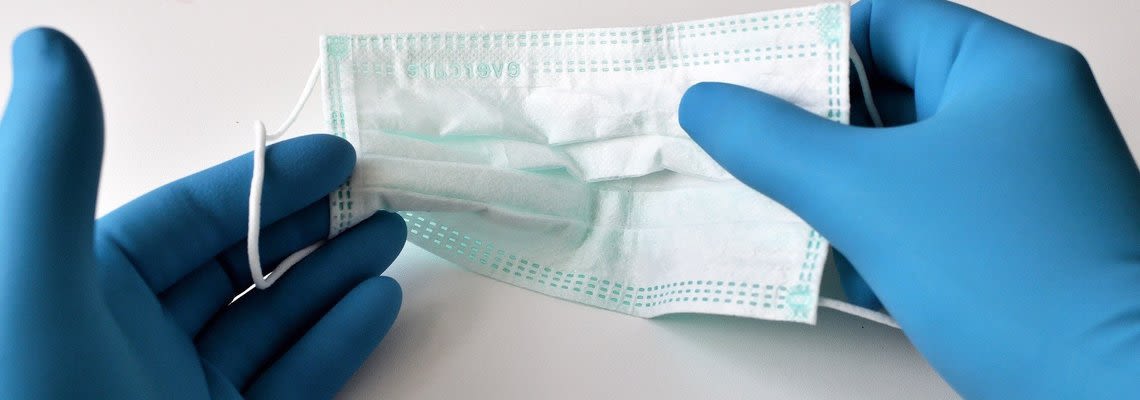
RENT, UNEMPLOYMENT & STIMULUS CHECKS DURING THE CORONAVIRUS
During the Safer At Home Order in Wisconsin, it seems to us that local communities are rallying around each other to offer support when and where they can. That is true for the Wisconsin legal community as well. Here are some helpful resources from a fellow Wisconsin lawyer on topics that touch many lives: Rent issues with a landlord, how to collect unemployment, and who is eligible for a stimulus check.
Rent
Gov. Tony Evers banned landlords throughout Wisconsin from evicting tenants and ordered lenders statewide to halt foreclosure actions for 60 days starting March 27. The order can be found here. Rent must still be paid but landlords may not serve a notice of eviction for failure to pay rent. Landlords may still evict if the reason is because there is an imminent threat of serious physical harm to another person. Landlords are encouraged to work with their tenants.
If your rent has been increased suddenly, look at your lease. Does it allow for rent to be increased for this month? If not clear, ask your landlord why rent has been increased and ask where in the lease the increase is allowed. If the lease does not allow an increase at this time, ask the landlord for a reason why the rent has been increased. In writing is best. If the landlord does not have the right to increase the rent for this month, you may consider telling the landlord that they cannot increase the rent for this month, and you are not required to pay that amount but you will pay the amount required under the lease agreement.
The Tenant Resource Center is a great resource for renters. They can be reached at 608-257-0006 or email at asktrc@tenantresourcecenter.org or preguntas@tenantresourcecenter.org.
They might be hard to get a hold of because so many people are calling right now.
Unemployment
If you lost your job or your hours have been reduced, you may eligible for unemployment in Wisconsin. If you are eligible for unemployment from Wisconsin, you will automatically be entitled to an extra $600/month from the emergency federal unemployment program.
If you were self-employed or an independent contractor, you may be eligible for this unemployment as well under new laws passed related to the COVID-19 crisis.
You apply for Wisconsin unemployment from the Wisconsin Department of Workforce Development (links below). Be aware the forms and systems are overloaded. It may take you several tries. Don’t give up! You will eventually get through and you are entitled to unemployment from Wisconsin and the federal government dating back to the date you were eligible.
Please be aware that you will be able to decide whether to have taxes taken from each check or to pay those taxes at the end of the year. Decide what is right for your family. But know that you will likely owe taxes in 2020 if you don’t allow taxes taken out on each unemployment check.
To apply for unemployment in Wisconsin: Secure Log In PROD
Unemployment Benefits: How to Apply and Eligibility Frequently Asked Questions (Available in Spanish and Hmong): UCB-15533-P, Unemployment Benefits: How to Apply and Eligibility Frequently Asked Questions
Video: How to Create a Username and Password: Username Creation
Video: How to Create a Username and Password (Spanish): Como Crear un Nombre de Usuario y una Contraseña para Beneficios de Desempleo de Wisconsin
Stimulus Checks
U.S. citizens and permanent residents will receive an Economic Impact Payment. The payment is based on your adjusted gross income from your 2019 tax return, or 2018 tax return if you did not file in 2019. You are not eligible if you are a dependent (for tax purposes) of another taxpayer. You must be a U.S. resident and have a work-eligible Social Security Number.
If you meet these requirements and your adjusted gross income in 2019 (or 2018) was less than $75,000, you will receive a check for $1,200. If you filed your taxes jointly with your spouse and your joint adjusted gross income was less than $150,000, you will together receive a check for $2,400. Also, you will receive $500 for each qualifying child.
Folks who are retired, folks who receive Social Security, Railroad Retirement, disability or veterans’ benefits, and folks who do not make enough money to normally file a tax return will also receive a payment. This also includes those who have no income, as well as those whose income comes entirely from certain benefit programs, such as Supplemental Security Income benefits. Use this site to make sure the IRS has your info: Non-Filers: Enter Payment Info Here
If you received a direct deposit from the IRS in 2019 or 2018, the government will direct deposit the amount owed to you into that bank account. If you do not have a direct deposit account set up with the IRS, the IRS will mail you a check at the last known address it has on file for you. If you have moved since filing your taxes, change your address with the IRS here: Update My Information
A nice summary: COVID-19 Recovery Stimulus Check: Things to Know
Calculate your potential benefits: COVID-19 Stimulus Calculator
More info here: Economic Impact Payment Information Center
Thank you to Wisconsin Attorney Hannah Renfro, who practices employment and HR law, for compiling this helpful information, and allowing us to share it with our readers.
